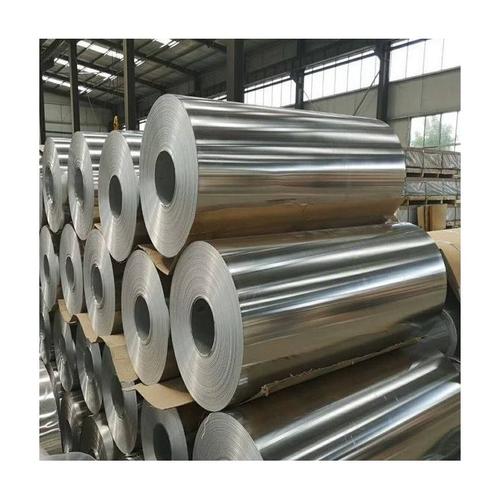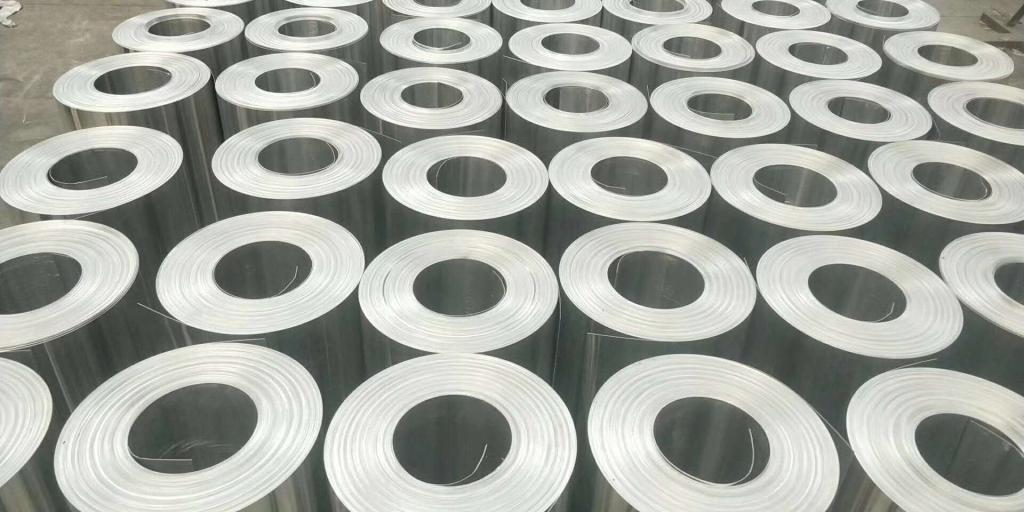Insulation aluminum coil is a commonly used material in construction, industrial, and other fields due to its excellent corrosion resistance, thermal conductivity, and weather resistance. It effectively enhances insulation performance and extends the service life of structures. When selecting insulation aluminum coil, consider the following factors.
Material Selection
The primary materials for insulation aluminum coil are pure aluminum and aluminum alloy. Pure aluminum offers excellent ductility and thermal conductivity, while aluminum alloy provides higher strength and corrosion resistance. For applications requiring good thermal conductivity without high strength demands, pure aluminum is suitable. Conversely, aluminum alloy is ideal for environments requiring high strength and corrosion resistance.

Thickness Selection
The thickness of the aluminum coil directly affects its insulation performance and durability. Typically, the thickness ranges from 0.3mm to 1.5mm. Choose the appropriate thickness based on the specific insulation requirements. Thicker aluminum coils offer better insulation and durability but come at a higher cost.
表面处理
Surface treatment options for insulation aluminum coils include plain, embossed, and coated surfaces. Plain aluminum coils have good reflective properties, reducing heat loss; embossed aluminum coils enhance strength and aesthetics; coated aluminum coils have a protective layer that improves weather resistance and extends service life. Select the appropriate surface treatment based on the application environment.
Specifications and Dimensions
Specifications and dimensions of insulation aluminum coils include width, length, and inner diameter. Generally, widths range from 500mm to 2000mm, lengths can be customized as needed, and inner diameters are typically 505mm or 405mm. Choose the appropriate specifications and dimensions to meet specific construction requirements.
Manufacturing Process
The manufacturing process of insulation aluminum coils significantly impacts their quality and performance. High-quality insulation aluminum coils should have uniform thickness, good flatness, and no obvious defects. Choose manufacturers with a good reputation and production capabilities, and review their manufacturing process and quality inspection reports to ensure product quality.

Price Comparison
The price of insulation aluminum coils varies based on material, thickness, surface treatment, and specifications. Compare prices from different manufacturers to select a product with a good price-performance ratio. However, be cautious of products with excessively low prices as they may have quality issues. Consider both price and quality.
After-Sales Service
Good after-sales service ensures reliable use of insulation aluminum coils. Choose manufacturers offering comprehensive after-sales services, including product quality assurance, technical support, and maintenance services. This ensures timely resolution of issues encountered during use.
结论
Choosing the right insulation aluminum coil requires considering material, thickness, surface treatment, specifications, manufacturing process, price, and after-sales service. By making informed choices, you can ensure the quality and performance of the insulation aluminum coil, thereby enhancing insulation effectiveness and extending service life. Base your selection on specific application needs and environmental conditions to find the most suitable insulation aluminum coil.


